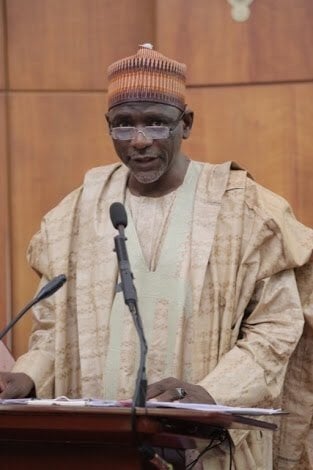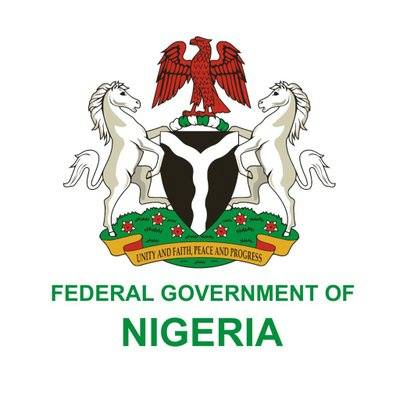
Only 28 pupils from Zamfara state registered for the 2018 common entrance examination into the 104 Unity Schools in the country.
The Minister of Education, Adamu Adamu, on Wednesday said the Federal Government was worried about the low number of candidates seeking admission into its 104 colleges across the country, who registered for the 2018 National Common Entrance Examination.
The minister, in a statement released in Abuja by the spokesperson of the Ministry of Education, Mrs. Priscillia Ihuoma, noted that only 28 candidates from Zamfara State registered for the examination.
Adamu said the report of a stakeholders’ meeting held recently indicated that Taraba, Kebbi and Zamfara states had the lowest number of candidates who registered for the entrance examination. While Taraba had 95 candidates, Kebbi had 50.
Similar Posts:
The release read in part, “Ahead of the 2018 National Common Entrance Examination for admission of candidates into the 104 Federal Government colleges on Saturday, April 14, the minister has expressed worry over low registration for the examination so far.
“According to him, the report of a meeting of major stakeholders in the education sector said candidates registered in 2018 stood at 71,294 as against 80,421 that wrote the examination in 2017.
“The report further shows three states with the highest number of pupils registered so far are: Lagos with 24,465 candidates, the Federal Capital Territory, Abuja, with 7,699 and Rivers State with 4,810 candidates respectively. On the other hand, three states with extreme low registration are: Zamfara with only 28 candidates, Kebbi, 50 and Taraba, 95 candidates respectively.”
Adamu, however, directed that registration portal should remain opened till April 13 to enable more eligible candidates register.
Recommended: National Common Entrance Exam Registration Guidelines 2018 [Unity Schools].
The minister said the examination would go on as planned and urged state state governments, heads of schools and interest groups to persuade school-age children in the areas with low registration to register for the examination.




